Historically it’s always been thought the case, that if you want to get a high quality protein shake, then dairy will give you the most bang for your buck.
Whether it’s been Whey or Casein (the two types of protein found in milk), dairy protein shakes have dominated the scene.
But, now there’s a new shake on the block – Vegan protein powder. Thanks to the rise in popularity for plant based protein powders and the explosion of Veganism as a whole, for a multitude of reasons, has dairy finally met its match?
We’ve taken a look to see if Vegan shakes can hold their own, and go toe-to-toe (sip-to-sip?), against their dairy counterparts.
Before we get into this one though, lets remind ourselves of exactly what Protein is:
What is Protein?
“Proteins are fundamental structural and functional elements within every cell of the body and are involved in a wide range of metabolic interactions. All cells and tissues contain protein, therefore protein is essential for the maintenance of good health.”
Proteins are made up of both essential and non-essential amino acids and these are the building blocks for our body. Essential Amino Acids, of which there are nine, are those that our body cannot make on its own and therefore must come from the foods we eat. (1)
Vegan vs Dairy Protein
Dairy protein shakes have a full amino acid profile, meaning they contain all nine of the essential amino acids that our body requires, making them a convenient source of protein. It’s for this reason that they’ve often been touted as the superior protein powder choice.
Plant based foods however, although they can provide protein, don’t always contain all the essential amino acids, but rather a selection of the nine, that our body must acquire from food.
So, does this mean Vegan protein powders are useless and we should just stick to regular Whey or Casein?…Not exactly.
The British Nutrition Foundation explains:
“If Vegetarians and Vegans eat a variety of vegetable proteins in combination, there is no reason why the quality of protein cannot be as good as in a diet comprising meat, milk, fish, eggs or other foods that contain animal protein.” (2)
Thee majority of vegan protein shakes are made up of a combination of plant sources which gives them a full amino acid profile – meaning that you can follow a vegan lifestyle, have vegan protein shakes and still be consuming good quality protein.
What About Taste?
But don’t all vegan shakes taste like you’re drinking watered down mud?
Maybe in days gone by, but not anymore. Take our Vegan Wondershake for example.
Using the latest quadplant technology, we have managed to create the first vegan shake that tastes just like a dairy shake – super creamy and with a velvety soft texture.
Not only does it taste amazing, but it also contains a winning combination of Pea, Brown Rice, Hemp and Soy protein (all of which combined provide a high quality protein)
With it being plant based, it also contains fewer calories, at only 89 per serving, more fibre, less sugar and less fat than its dairy alternative – oh, and did we mention it’s also lactose and gluten free.
This one really is a Game Changer and a trail blazer to a new generation of plant based protein shakes.
Vegan Protein Bonus Points
Vegan shakes also have a few other additional benefits, being 100% plant based they contribute less to environmental destruction and global warming, (4) as well as minimising negative impacts on animals.
A win- win for all.
References
- Trumbo P, Schlicker S, Yates AA, Poos M; Food and Nutrition Board of the Institute of Medicine, The National Academies. Dietary reference intakes for energy, carbohydrate, fiber, fat, fatty acids, cholesterol, protein and amino acids. J Am Diet Assoc. 2002;102(11)
- Complementary action of proteins (plant protein)(online) Available at: www.nutrition.org.uk/bnfevents/events/52-nutritionscience/nutrients-food-and-ingredients/(Accessed 16 May 2020)
- Barnard, N.D.; Goldman, D.M.; Loomis, J.F.; Kahleova, H.; Levin, S.M.; Neabore, S.; Batts, T.C. Plant-Based Diets for Cardiovascular Safety and Performance in Endurance Sports. Nutrients 2019, 11, 130.
- Joyce A, Dixon S, Comfort J, Hallett J. Reducing the environmental impact of dietary choice: perspectives from a behavioural and social change approach. J Environ Public Health. 2012

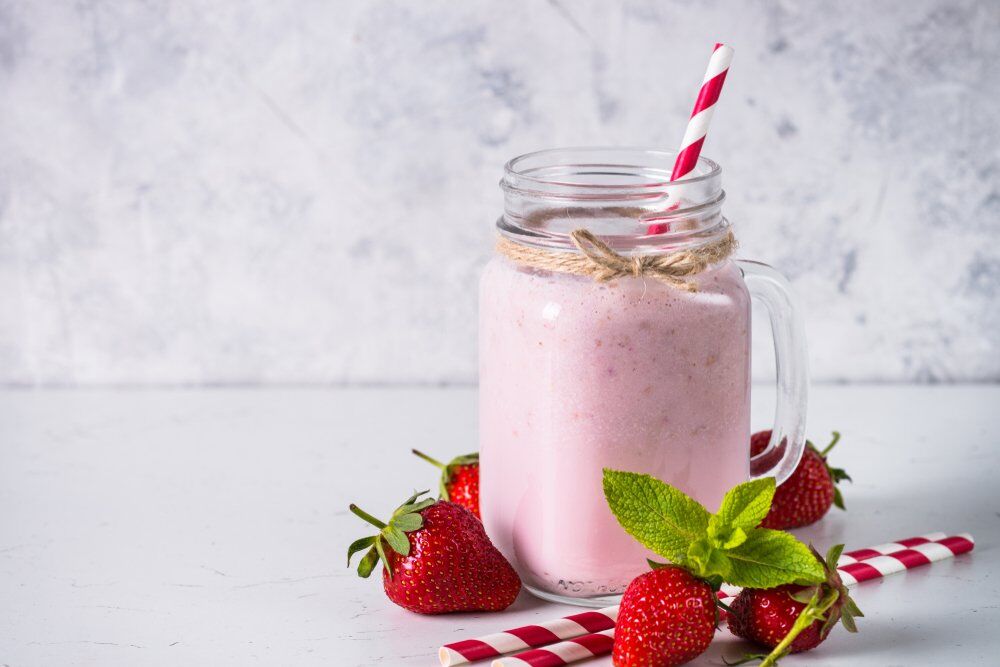

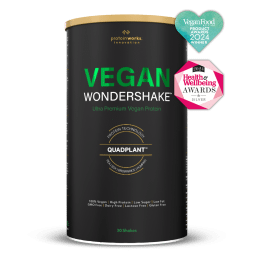
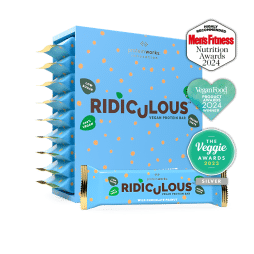
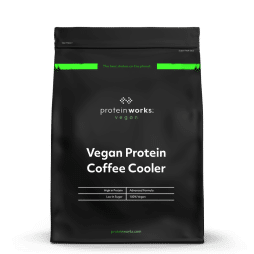
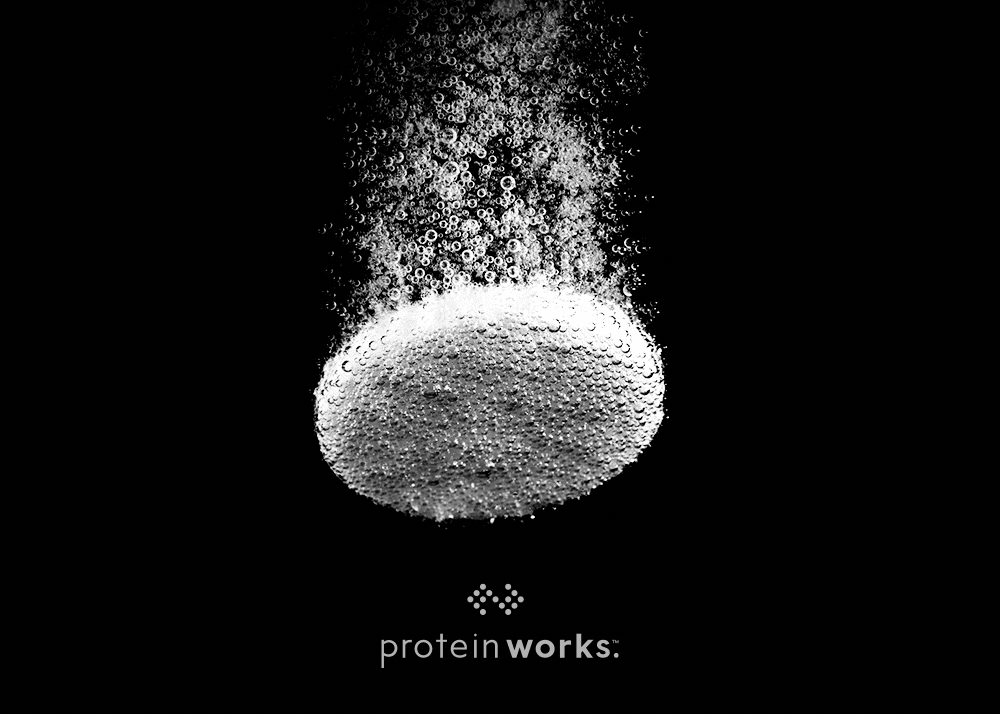


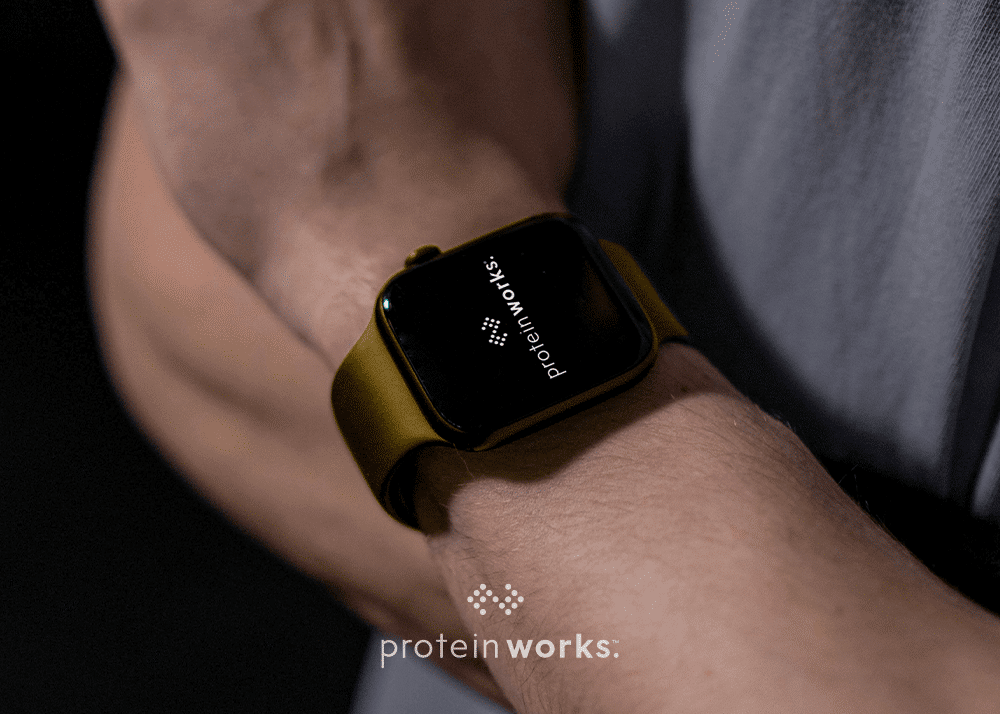
No Comments yet!